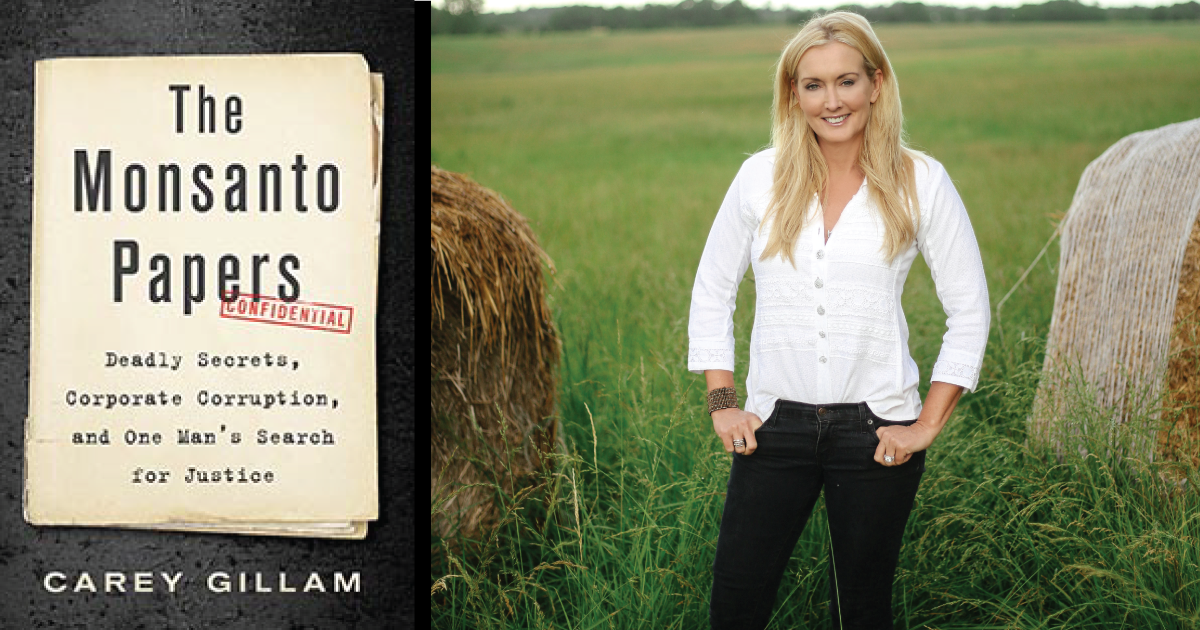
What Carey Gillam Learned Through Years of Investigating Monsanto
In August, 2018, a judge for the Superior Court of San Francisco, California read the verdict in a first-of-its-kind case: A suit against agrochemical giant Bayer over the link between non-Hodgkin’s lymphoma and the company’s glyphosate-based weedkillers, Roundup and RangerPro. On every count, the jury found Monsanto (now owned by Bayer) guilty.
April 21, 2021 | Source: Civil Eats | by Anna Lappé
In a new book, the author discusses the implications of her research, the future of glyphosate, and how Bayer plans to keep selling Roundup.
In August, 2018, a judge for the Superior Court of San Francisco, California read the verdict in a first-of-its-kind case: A suit against agrochemical giant Bayer over the link between non-Hodgkin’s lymphoma and the company’s glyphosate-based weedkillers, Roundup and RangerPro. On every count, the jury found Monsanto (now owned by Bayer) guilty. The court held that Bayer’s glyphosate-based weedkiller had caused the plaintiff’s cancer to develop, the company should have warned users of the health risks and failed to do so, and it had acted with “malice, oppression, and fraud” and should pay punitive damages. The total jury award: $289.2 million—reduced to $20.5 million on appeal. (Bayer will not appeal that $20.5 million Roundup verdict—the first Roundup verdict in the nation—to the U.S. Supreme Court, the company recently announced.)
